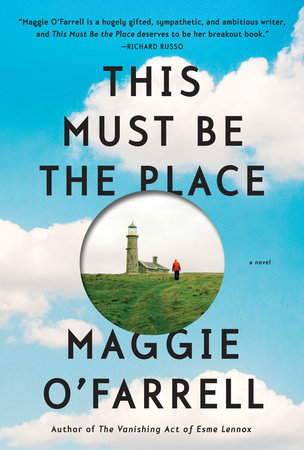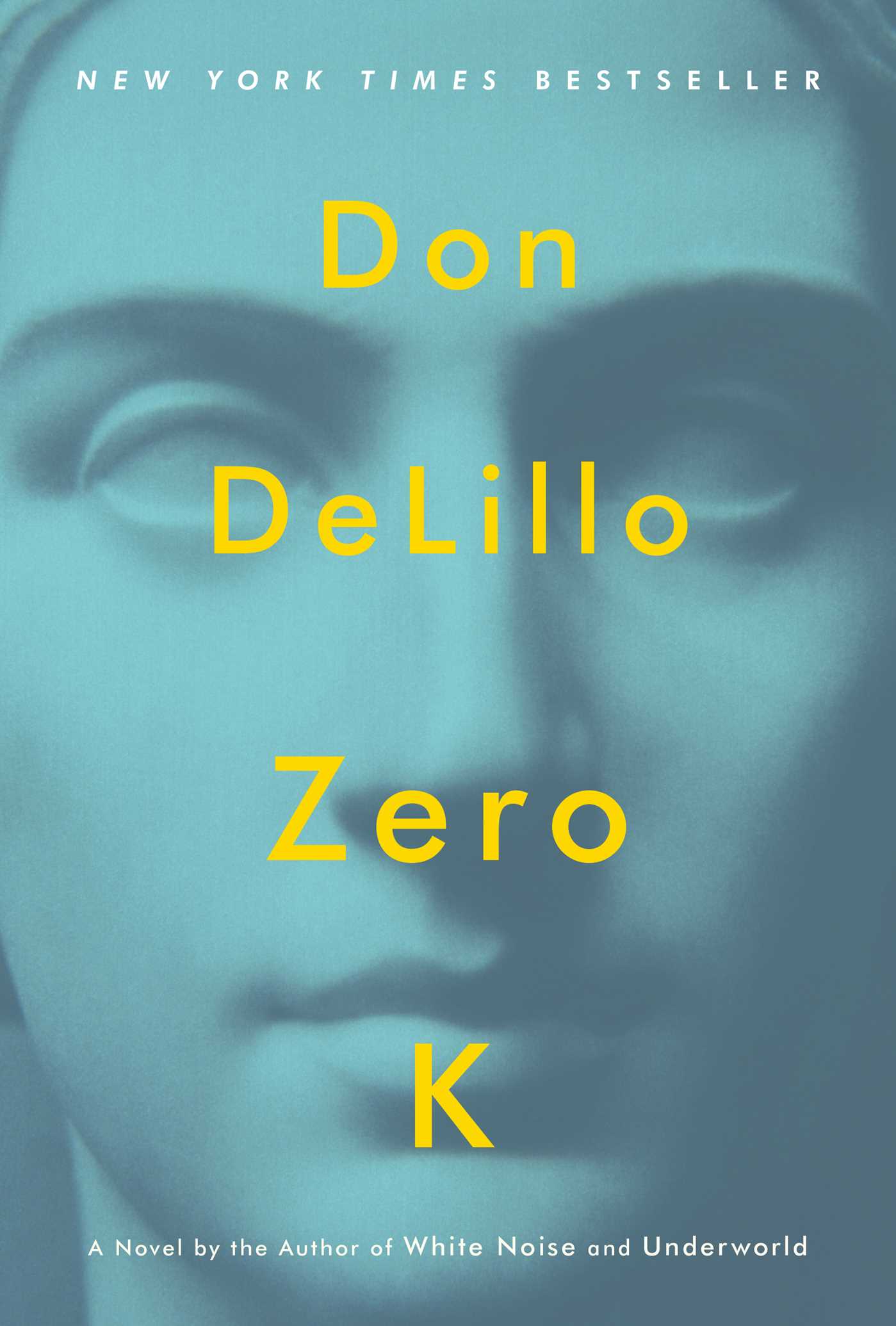Well, we’ve come to the end of another wonderful season of reading, sharing, and bonding over great books! And now it’s time to kick our feet up at the beach–grab your sunscreen, your swimsuit, and don’t forget that most essential ingredient of all: your beach read! Below you’ll find some titles to get you through the long summer wait until Literary Masters posts the 2016-17 season reading list!
This Must Be the Place by Maggie O’Farrell: Ah…this may be a little unfair because this title hasn’t been released in the States yet. However, by the end of July you should be able to get your hands on this wonderfully charming novel–highly recommended! You’ll ponder marriage, parenthood, and the many selves each of us contain as you read what is, at its core, a thoroughly enjoyable love story.
A Man Called Ove by Fredrik Backman: Another charmer, this time from a Swedish author, whose debut novel is taking the world by storm. About a grumpy man. Well, really about the stories each of us has hidden within, and about friendship, and connection. Enjoy!
My Brilliant Friend by Elena Ferrante: If you’re one of the few people on the planet who hasn’t read this gorgeous book about two Italian friends, you have a treat in store! Actually, four treats, because it’s the first of four sumptuous Neapolitan novels. Be prepared to ignore loved ones for a long while.
Barbarian Days: A Surfing Life by William Finnegan: Well, we had to put this book as a beach read, right? Even if you’re not a surfer, you’ll enjoy the journey this author takes you on in this autobiography that won the Pulitzer Prize. He opens your eyes to new cultures and to, yes, the wonderful world of waves. Have fun!
Disrupted by Dan Lyons: No doubt you read an earlier WHIRL Books post about this hilarious memoir here. For fans of the HBO series Silicon Valley (and if you’re not a fan, what is wrong with you???) and also for everyone who looks around the beach and thinks, “where did all these young people come from, and just how do they think they are making the world a better place?” Laugh out loud with some serious questions explored.
The Upstairs Wife: An Intimate History of Pakistan by Rafia Zakaria: If you can’t visit Pakistan this summer, it can visit you. Exploring the personal as well as the public aspects of life in Pakistan, this eye-opener is a great nonfiction choice for the summer.
Everything I Never Told You by Celeste Ng: A gripping novel about a family whose daughter is found dead. How much did they really know about her? How much do they really know about each other? One of those books that absolutely lingers for days after finishing it.
High Dive by Jonathan Lee: Suspenseful and thrilling in its blending of fact and fiction. Remember the bomb that went off in Brighton, England, in 1984 in an attempt to assassinate the British Prime Minister and her cabinet? Meet the characters (invented by Lee) who will take you back there.
The Nest by Cynthia D’Aprix Sweeney: We loved the writing in this debut novel, and the four siblings, negotiating their lives around a future inheritance (i.e. the ‘nest’) will make lots of our own families look better by comparison. 🙂 A quick, breezy, enjoyable read.
I Do Not Come to You by Chance by Adaobi Tricia Nwaubani: This award-winning debut novel from Nigeria was part of our Literary Masters 2015-16 season, and it was a hit! You may not think you want to read a story about email scamming, but you will change your mind as the pages fly by! So funny but once again, important themes are mined. The best novel that book clubs don’t know about.
Zero K by Don DeLillo: Weird, yes, definitely. But compelling and thought-provoking and different for sure. Set in a cryogenics facility in central Asia where bodies can be frozen until cures for diseases are found, this novel will challenge you to think about those deep questions–about life, about death, about meaning. Call it a cerebral beach read.
Well, this ought to take care of your page-turning needs until we post our list! That should be some time in late August, so STAY TUNED!
Do you have any titles you’d like to recommend for summer reading? We’d love to hear from you!


















